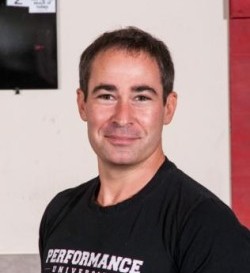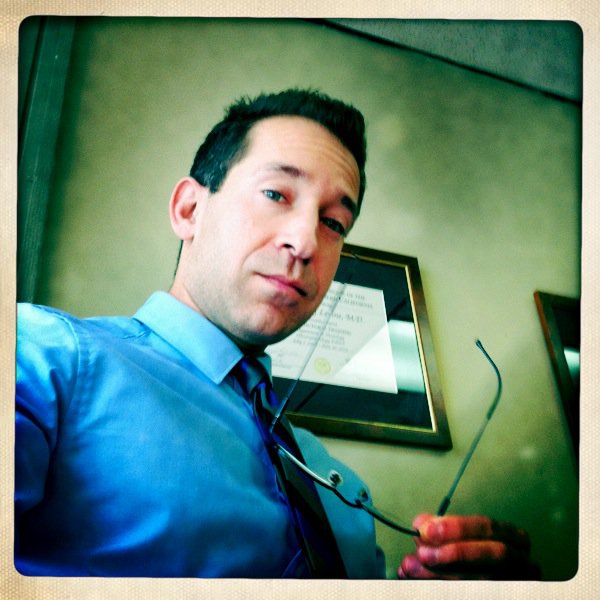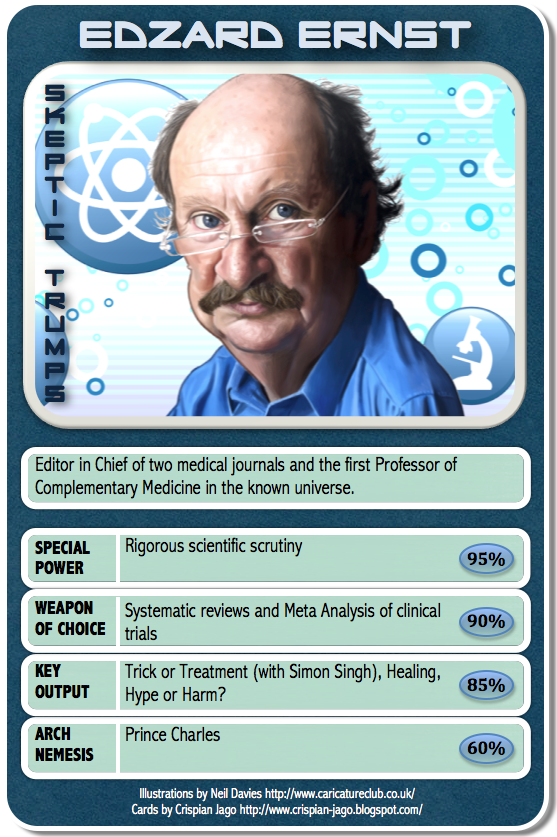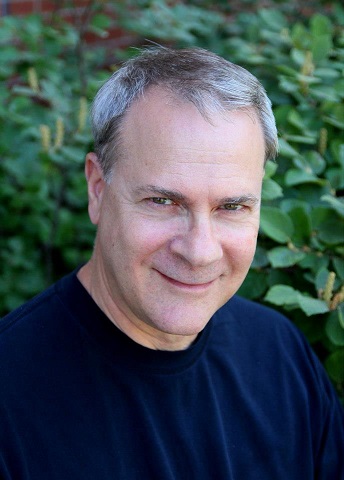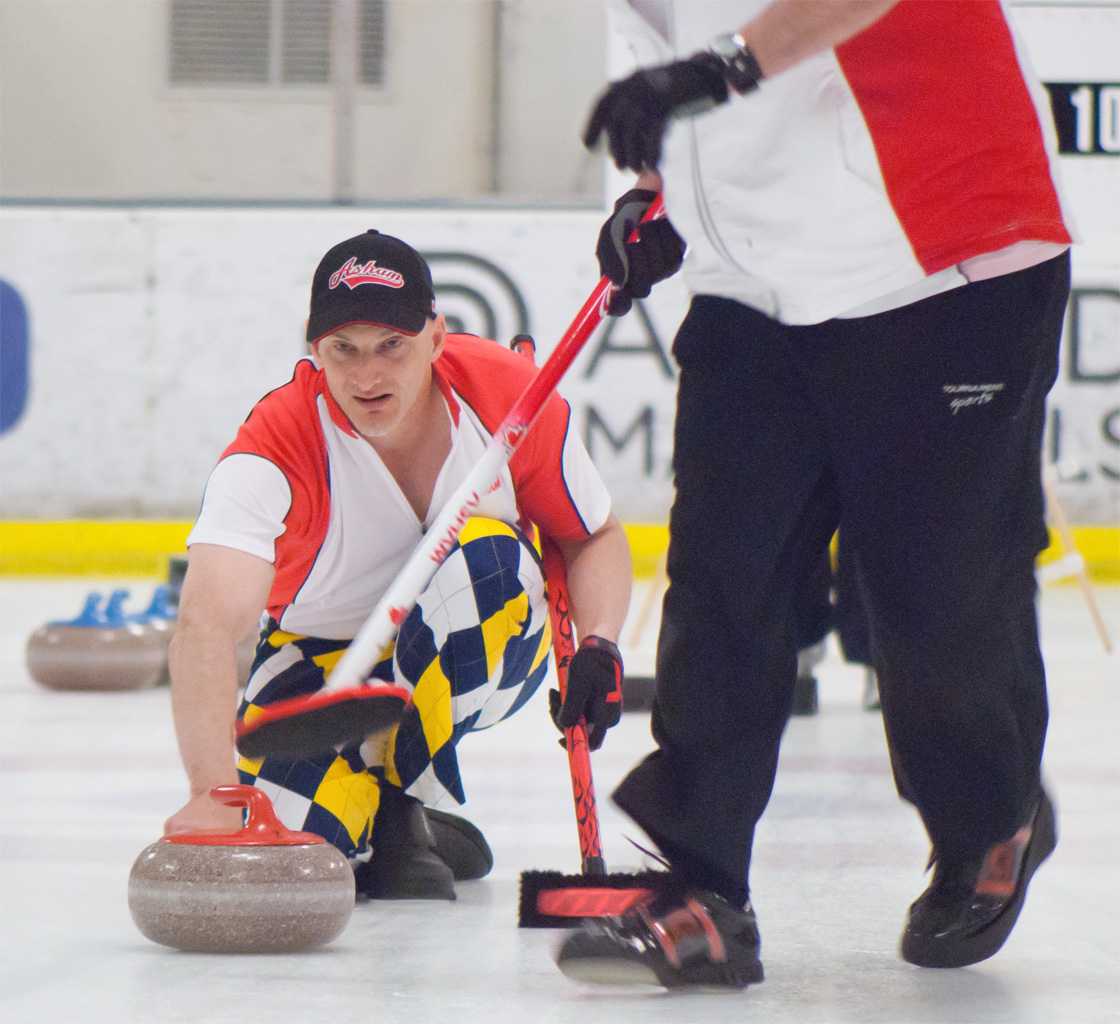In addition to being skeptical common claims associate with Corrective exercise, I also strongly encourage everyone (fitness pros, rehab pros and fitness enthusiasts) to be highly skeptical of the common claims associated with Complimentary and Alternative Medicine practices, as by definition “Alternative Medicine” means ” treatment interventions that have NOT been proven by (i.e. failed) scientific controlled trials.”
Category Skepticism
Everyone knows what the “placebo-effect” is, but most people know very little about how and why placebos work, how they can be tweaked or manipulated to alter our perceptions and behaviors.
This post is part of a series of guest posts on GPS by the undergraduate and graduate students in my Science…
The ‘law’ stipulates that, if a scientist investigating alternative medicine is much liked by the majority of enthusiasts in this field, the scientist is not doing his/her job properly. In any other area of healthcare, such a ‘law’ would be absurd. Why then does it seem to make sense, at least to some degree, in alternative medicine? The differences between any area of conventional and alternative medicine are diverse and profound.
In order to avoid confusing sensitivity and specificity, I tell my students to repeat this sentence until they cannot forget it: We [try to] sense what’s there and specify what’s not. (You can’t sense what isn’t there.)
Sometimes I hate science. Science often tells me unintuitive things backed by evidence that I simply don’t want to know. Science is truth – and unfortunately sometimes the truth hurts.
Edzard Ernst has one of the most impressive collections of letters behind his name that I’ve ever seen: MD, PhD, FMedSci, FSB, FRCP, FRCPEd. Originally from Germany, Ernst began his career as a physician there and, in addition to more standard medical training, also received training in a number of CAM modalities, including acupuncture, herbalism, homoeopathy, and spinal manipulation. He rose through the ranks to become Professor in Physical Medicine and Rehabilitation (PMR) at the Hannover Medical School and Head of the PMR Department at the University of Vienna. At this point in his career, Professor Ernst took a decidedly different direction in life. He applied for and was hired as the first ever Laing Chair of Complementary Medicine at the University of Exeter (named for Sir Maurice Laing, who endowed the position) and so moved to the United Kingdom in 1993. He ascended to the position of Director of the Complementary Medicine Research Group in 2002. – Caleb Lack
The activities of the dirtiest dozen aren’t unique. Ducktorism is widespread, often lucrative financially, and a menace to population health and society. Numerous promoters of woo, nostrums, and superstition violate consumer protection laws with impunity.
It would be wrong to describe the dirtiest dozen as representing the tip of the ducktorism iceberg only because icebergs are mostly hidden from view while ducktors operate in the open, largely unrecognized for what they are. Like Kevin Trudeau, many ducktors are bestselling authors and television celebrities with huge fanbases.
Most people have a hard time with these types of conditional probability problems even though the only math ability required to solve them is simple arithmetic. The challenge is to recognize how to arrange the arithmetic and have the patience to do so without getting mixed up. If you don’t trust me about the answers to the screening problem and you’re curious enough to see how I got them, here’s a step-by-step approach to arranging the arithmetic followed by a discussion of the practical implications for anyone thinking about getting screened for any disease.
I’m a curler.
There – I said it.

